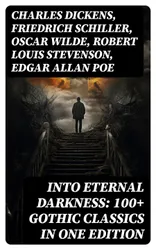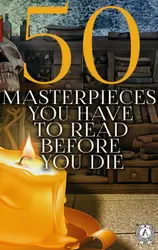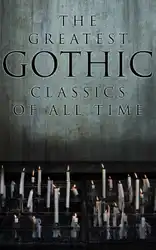Imagine as a woman losing all your property to your husband. Sadly, such was the law for much of the Victorian times. Wilkie Collins’s novel "The Woman in White" (starring Charles Dance in a recent BBC adaptation) first explored this absurdity. Now expanding on marriage law, Collins writes a protest for women’s rights in "Man and Wife".
Two young women, Anne and Blanche, live together in Scotland after Anne’s father abandoned her due to a legal loophole. Both women are engaged but Anne’s fiancé, Geoffrey, is getting cold feet. Yet Anne knows a trick from the Scottish law books: if a man is witnessed to verbally declare a woman his wife, they are legally married.
Meanwhile, Blanche’s fiancé, Arnold, is sent on Geoffrey’s behalf to meet Anne. Under guise, Arnold publicly asks for his "wife", and accidentally potentially marries Anne. A fascinating tale of a wife’s rights, this thriller will make you question the true impact of a marriage proposal.
London-born Wilke Collins (1824-1889) became known in Victorian England for his novels and plays, sometimes writing together with Charles Dickens. His most famous works, "The Woman in White" (1859) and "The Moonstone" (1868), are examples of the first modern detective novels.












